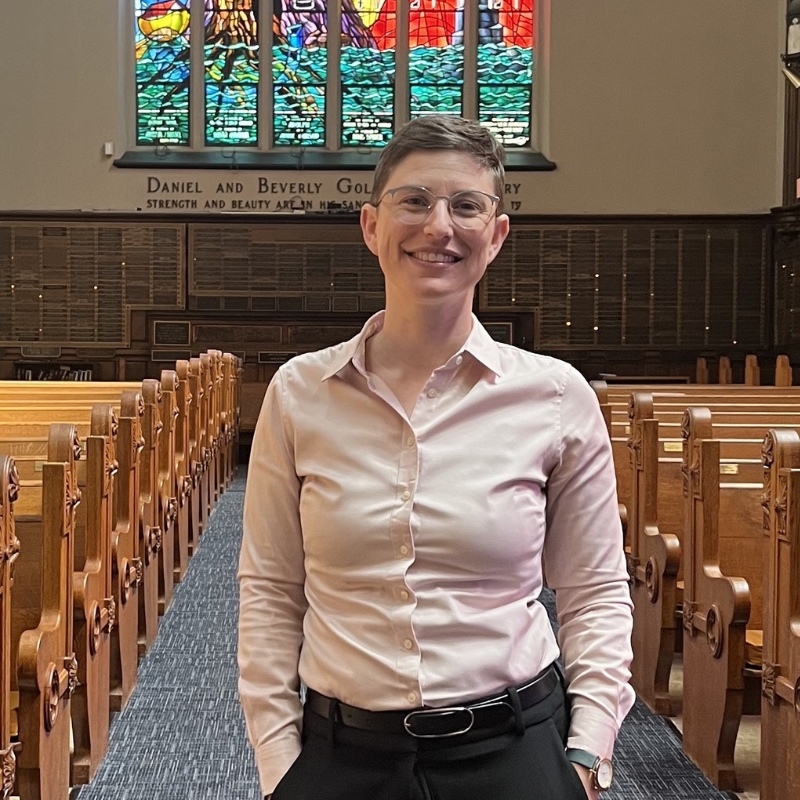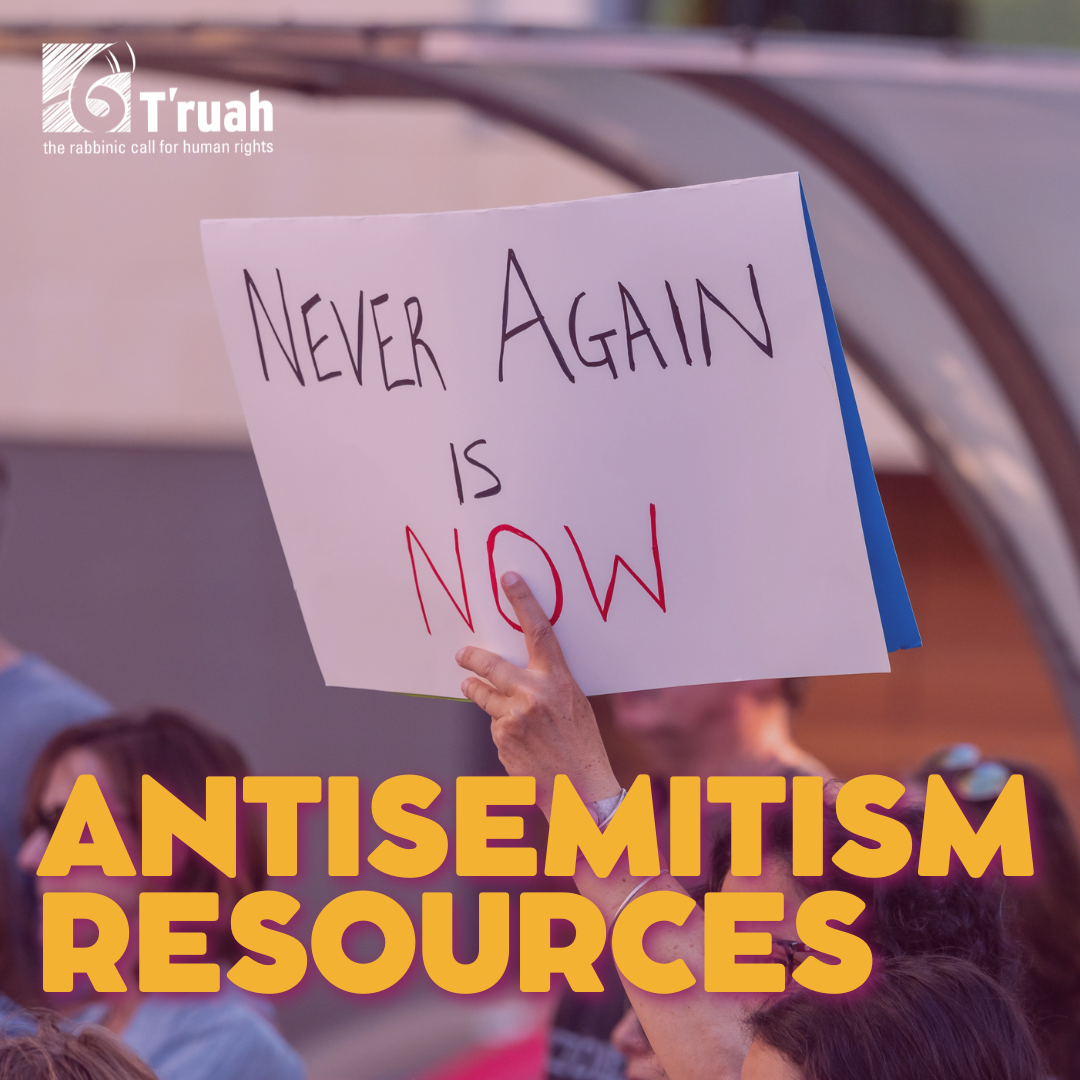Resources
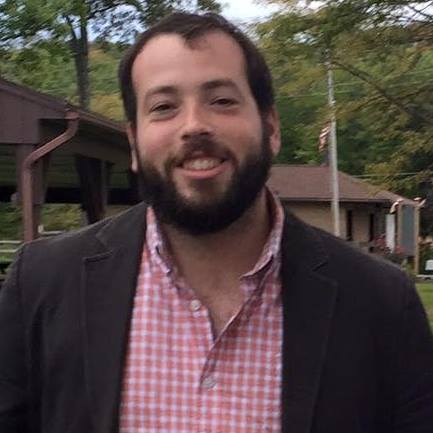
But Where Should We Actually Give?
Figuring out how to be good in a world with so many choices It was 2 am, and I was awake, lying on the concrete floor of a church’s basement choir room. A few hours earlier I had been in the hallway outside of this room, serving food to men and women who needed a...
more
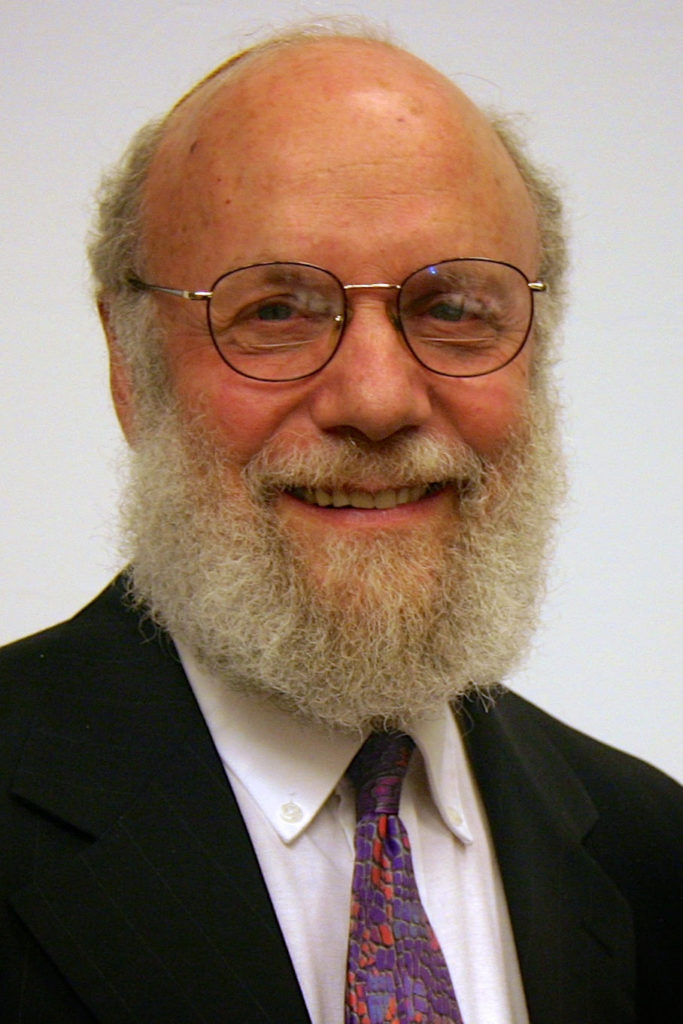
Holding Onto the Image in Every Human Being, Even One’s Adversary
In the militia headquarters in Odessa decades ago, I was surrounded by harsh interrogators who castigated my friend and me for visiting Russian Jews, who were aliens in their eyes. I felt anger and even hatred at these leaders and their many followers who had made Jewish life impossible for a large segment of our...
more
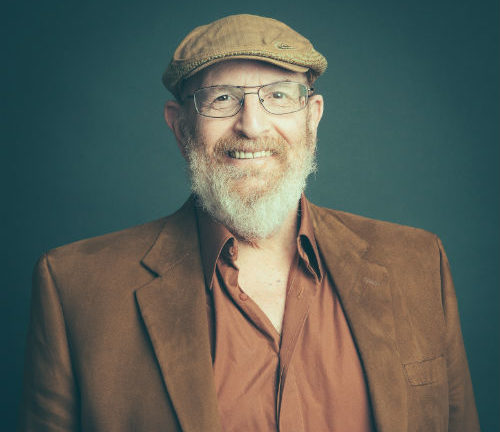
Why Listen to the “Goy”?
This week’s Torah portion is Yitro, named for Moses’s father-in-law, a non-Jew. It is in this parashah that we receive the Ten Commandments and make our covenant with God. So, how could the Rabbis have decided to name such an important parashah after a gentile? In today’s climate of polarization, it is more important than...
more
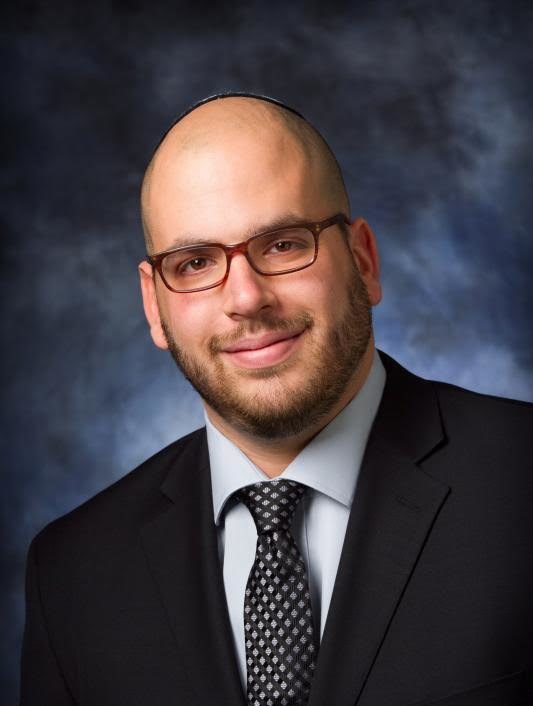
How does it feel to be homeless in NYC?
“These are the names of the children of Israel, who came towards Mitzrayim.” (Shmot 1:1) I decided to experience firsthand what homelessness feels like. Having the privilege of serving a vibrant and amazing congregation in Manhattan’s prestigious Upper East Side, and living in that same neighborhood, I have never quite felt that my sense of...
more
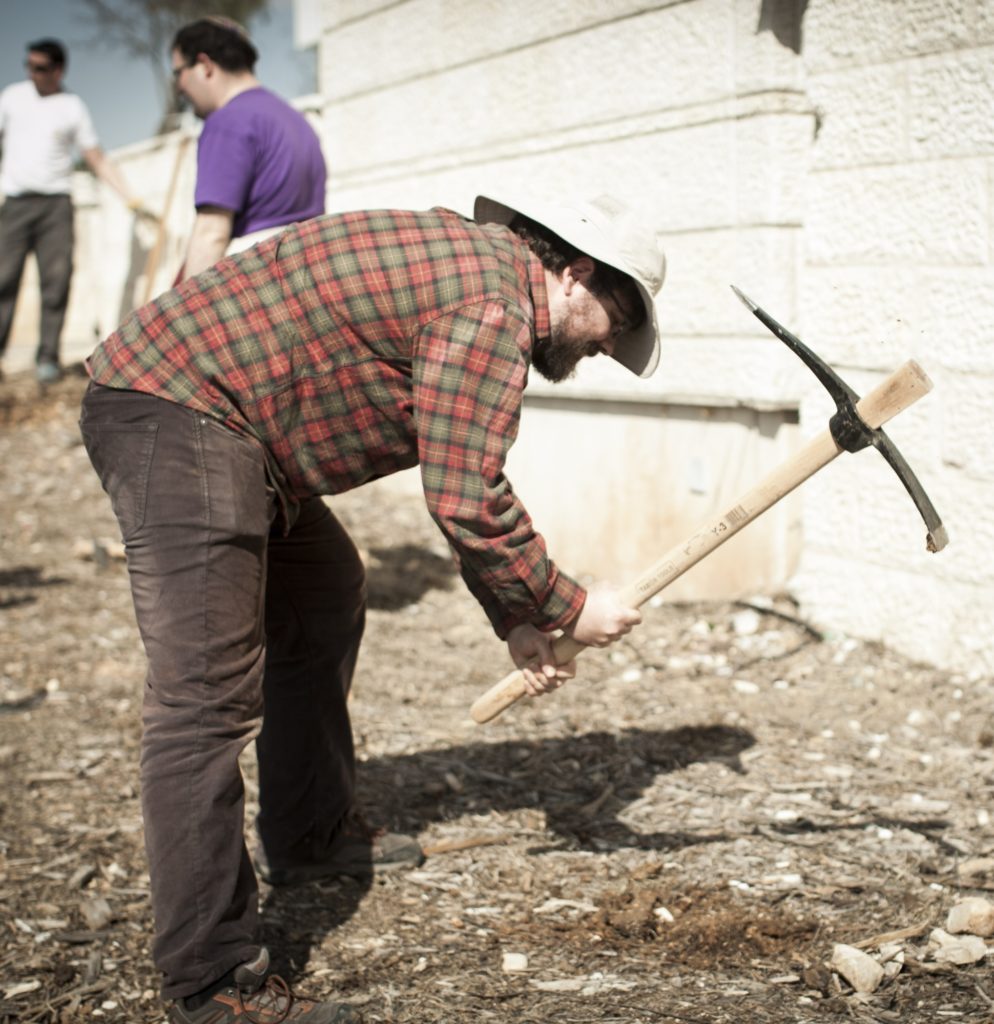
Planting Two Trees: A Tale from the Field
Nathan Roller, a T’ruah Israel Fellow and student at the Ziegler School of Rabbinic Studies, shares his experience planting two trees–one in the West Bank and one in Israel–as part of the T’ruah Year-in-Israel Program. Donate $36 or more to support this important tree-planting project in 2019.
more
Human Rights and Climate Change
Climate change is making climate disasters, such as floods and droughts, more frequent and intense, land and water more scarce and difficult to access, and increases in agricultural productivity even harder to achieve. How can we respond? A text study on Joseph, Ruth, midrash, and prayer.
more

“Good for the Jews”: Not a Zero-Sum Game
The Israelites’ Egyptian bondage was Joseph’s fault. Ok, I admit, the Egyptians were directly to blame. But Joseph’s economic reforms laid the foundation for the enslavement. Let me explain. After Jacob and his sons relocated to Egypt, the famine worsened. Joseph oversaw the collection of funds from the people of Egypt in return for rations...
more
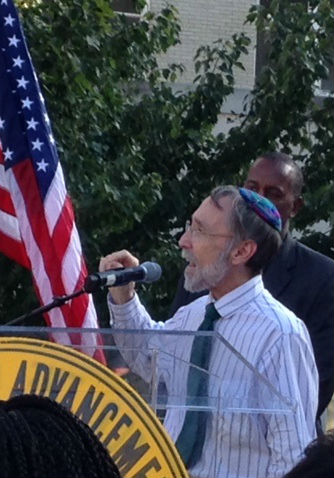
Let Us See Your Goodness
On the heels of the great sin of Israel–worshipping an oversized molten calf while Moses took “so long coming down from the mountain” (Exodus 32)–Moses implores God not to desert the Israelites. “See, You tell me, ‘lead this people forward’ but you have not told me whom You will send with me. If You Yourself...
more
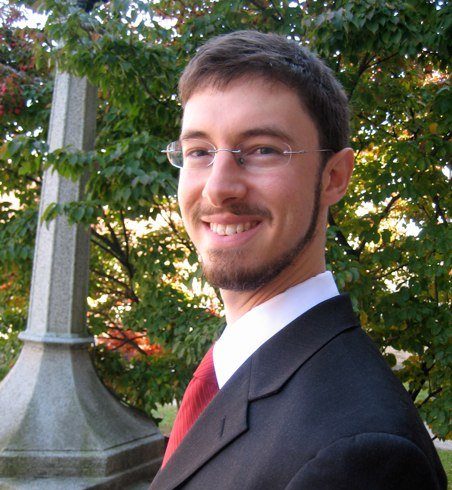
The Voice of God
The image of God—tzelem Elohim—is often front and center in animating Jewish human rights work. The recent release of the movie Exodus: Gods and Kings (which, admittedly, I have not seen) gave me pause to contemplate the tzelem’s counterpart—the voice of God. Director Ridley Scott is taking some flak for casting 11-year-old Isaac Andrews as...
more
Resources from Our Allies: Right Now
T’ruah is the fiscal sponsor of Right Now, an organization of American and Israeli Jews that advocates for the rights of African asylum seekers in Israel.
more

